June 8, 2025 | 13:02 GMT +7
June 8, 2025 | 13:02 GMT +7
Hotline: 0913.378.918
June 8, 2025 | 13:02 GMT +7
Hotline: 0913.378.918
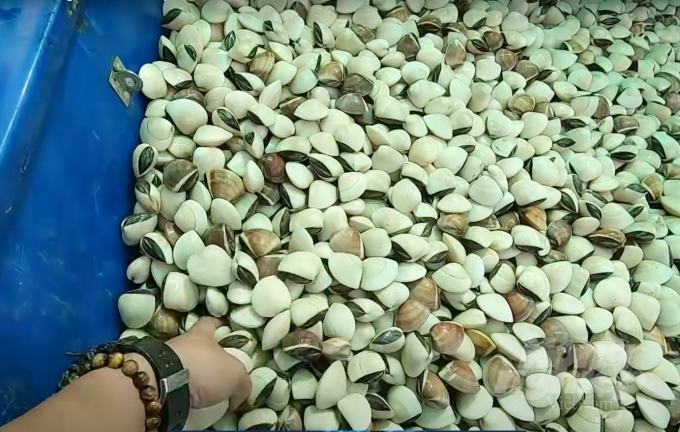
Clams are the main product in the shelled mollusk group. Photo: Thanh Son.
According to the Vietnam Association of Seafood Exporters and Producers (VASEP), in 2021, while most key seafood product exports have had periods of negative growth due to the impact of the Covid-19 pandemic, shelled mollusks (clams, scallops, snails, oysters, mussels, abalone, etc.) remain unaffected by the pandemic. As a result, shellfish exports turnover by the end of 2021 has reached 141.6 million USD, an increase of 35% compared to 2020.
The reason that shelled mollusks were mostly unaffected by the pandemic the previous year was because most of the main raw material areas were located in the North. On the other hand, the main markets for Vietnam's shelled mollusk products such as Italy, Portugal, Spain, the United States, etc. have had demand for this item increased sharply.
Following the successful momentum in 2021, shelled mollusk exports in the first few months of this year are maintaining double-digit growth. According to Ms. Le Hang, Deputy Director of VASEP.PRO, shelled mollusk exports are estimated to reach over 30 million USD in the first quarter of this year, that is an increase of nearly 24% over the same period last year.
Bivalve mollusk products still play a key role in the shelled mollusk group, with the main product being clams. Clam exports in 2021 reached nearly 103 million USD, up by 52% compared to 2020 accounting for 73% of the total export value for shelled molusks. Clam exports are estimated at nearly 20 million USD in the first quarter of this year, up by 40% over the same period in 2021.
The other two key products in the shelled molusks group are snails (at 14 million USD, accounting for 10% in 2021) and scallops (at 11.4 million USD, accounting for 8%).
According to some experts in the seafood industry, the market for shelled molusks and bivalve mollusks specifically in recent years has largely depended on the progress of the Covid-19 pandemic. If the implementation of vaccination proves to be effective, important markets promoting the reopening of food service systems including hotels, restaurants, canteens, etc., and the demand for shellfish consumption will grow exponentially. On the contrary, if important markets continue to apply travel restrictions as a preventive measure to the pandemic, the market will fall into a unfavourable state.
Therefore, the social reopening in European countries after Covid-19, including the resumption of food services, has led to a strong upward trend as observed in the import of shelled molusks into this region since last year.
Additionally, the demand for canned bivalve mollusk products in the retail sector of the EU market also increased sharply in face of the persistent Covid-19 pandemic, the reason being that these products are considered convenient and easy-to-use during the pandemic when consumers have to stay home for extended periods of time.
As a result, Vietnam's bivalve mollusk exports to the EU last year grew at a high rate and maintained such growth in the first few months of this year. In addition to frozen whole products, processed products such as frozen boiled clams, frozen processed clam meat, frozen steamed silk clams, canned clam meat, IQF frozen steamed whole clams, etc. are also being promoted by Vietnamese businesses to export to this market.
Similarly, Vietnam's exports of bivalve mollusks to other markets, also growing thanks to a post-Covid-19 demand. VASEP forecasts that, shelled mollusk exports will continue to grow in the following months. In April, the export value of shelled mollusk reached 12 million USD, up by 4% over the same period last year.
Translated by Nguyen Hai Long
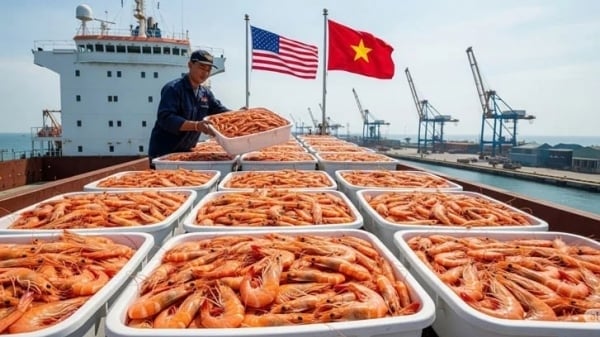
(VAN) Vietnam and the United States are proactively working together, each in their own way, to ensure that every container of agricultural goods carries not just products, but also long-term trust and value.
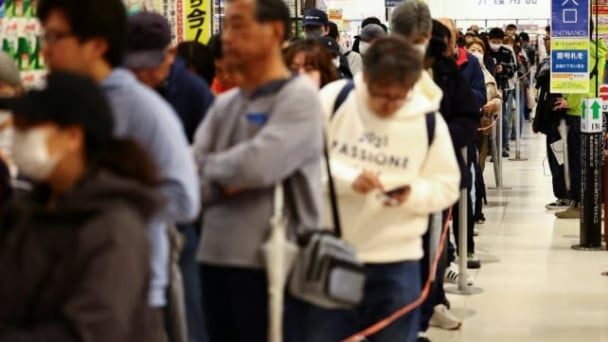
(VAN) Stores have started selling rice from the government’s stockpile to feed demand for the staple.
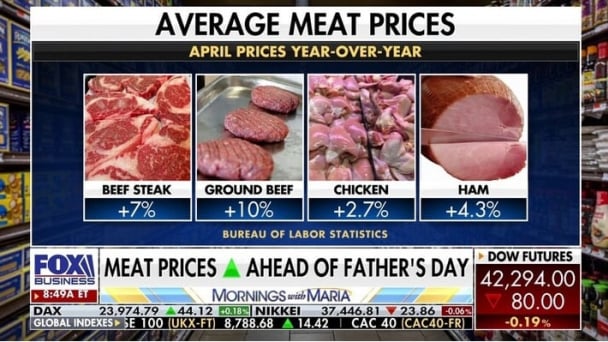
(VAN) Omaha Steaks CEO says rebuilding cattle herds will take about a year to ease price pressures.
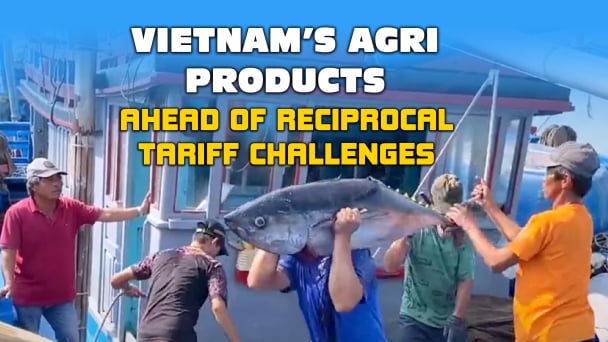
(VAN) Reciprocal tariffs and recent NOAA rulings are presenting substantial obstacles for Vietnamese tuna exporters in the U.S. market. As a result, the industry is actively seeking alternative export destinations.
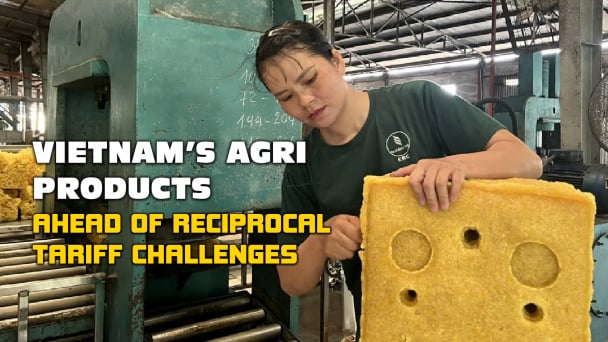
(VAN) Although the U.S. holds a small share of Vietnam’s rubber exports, newly imposed reciprocal tariffs are expected to impact the sector. Vietnamese enterprises must optimize the use of significant markets and free trade agreements.
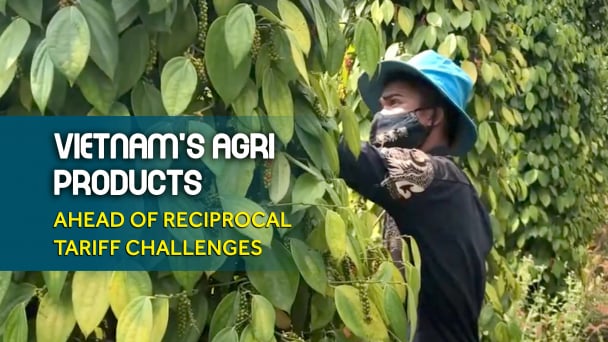
(VAN) Vietnam's pepper industry is looking forward to the final tariff decision in order to sustain its robust presence in the United States, the country's biggest pepper market.

(VAN) The U.S. is the largest market for Vietnamese cashew nuts. However, when exports to the U.S. encounter difficulties due to reciprocal tariffs, Vietnamese cashews still have many other potential markets.